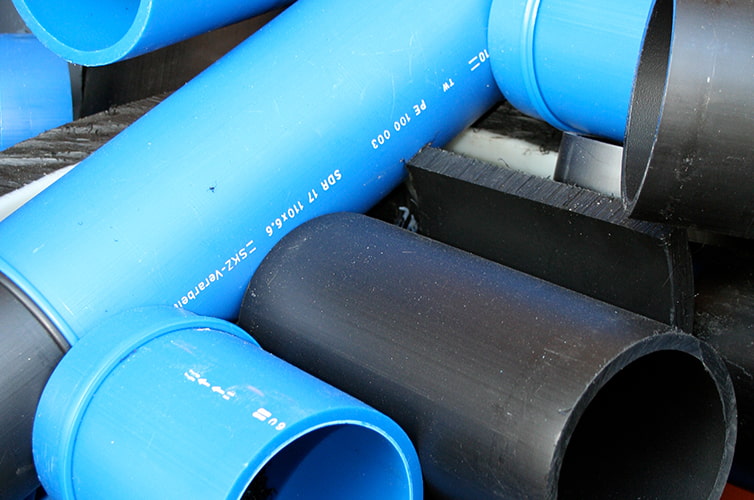Search standard for testing available at SKZ
Permeation testing
Permeation tests on plastics are carried out to characterize the penetration or migration behaviour of various substances through a material. These types of tests are important for assessing the suitability of plastics for certain applications, especially when the interaction with different substances, such as gases or liquids, is of great importance.
Permeation behavior, which is usually referred to as diffusion behavior when considering gaseous substances, is influenced both by the substance itself (the so-called permeate) and by the properties of the material to be permeated. In materials science and chemistry, diffusion refers to the process by which molecules or atoms move from an area of high concentration to an area of low concentration. In addition to the oxygen transmission rate (OTR) and water vapor transmission rate (WVTR), we also test the water resistance (WR) of plastics and plastic products. The permeation properties of plastics play a decisive role here. Generally speaking, permeation describes the penetration and permeation of gases or liquids through a material, whereby the chemical composition, thickness and pore size are the main influencing factors on the material side. Permeation and diffusion analyses are therefore indispensable methods for evaluating the barrier effect of plastics and optimizing their use in different environments.
Weitere Einzelheiten zum Verfahren
Accredited test methods
- Oxygen permeability
e.g. according to ASTM D 3985 and DIN 53380-3 - Water vapor permeability
e.g. according to ASTM E 96/E 96M, DIN 53122-1, DIN EN 1931, DIN EN ISO 12572, DIN EN ISO 15106-3 and ISO 2528 - Water tightness
in accordance with DIN EN 1928, EN 13111 and DIN EN 14150, among others
Non-accredited test methods
- General gas permeability test (e.g. helium, carbon dioxide, nitrogen, hydrogen)
according to DIN 53380-2 and ISO 15105-1 - Water vapor permeability in the carrier gas method
according to ISO 15106-2
Concentration gradient:
Permeation occurs when there is a difference in concentration of a substance between two regions. Particles move from regions of high concentration to regions of low concentration in order to achieve equilibrium.
Temperature:
Temperature strongly influences permeation. At higher temperatures, the thermal movement and energy of the particles increase, resulting in an increased permeation rate.
Material composition:
The type of material affects how easy or difficult it is for particles to migrate through the material. Materials can have different pore structures, densities and chemical properties that influence the permeation behavior.
Size of the permeating particles:
The size of the particles passing through plays a role. Smaller particles tend to pass through materials more easily than larger particles.
Type of particles passing through:
The type or chemical makeup of the particles passing through is also important. Some materials are selectively permeable and only allow certain substances to pass through.
- Pubtester GTR-G3
- Mocon oxygen displacement device
- Pressure cells for watertightness tests
Packaging industry:
In the food and pharmaceutical industries, packaging materials must ensure that no undesirable substances from the environment enter the product or vice versa. Diffusion tests help to evaluate the barrier properties of packaging materials.
Medical applications:
In the medical field, plastics are often used to manufacture drug delivery systems, implants and other medical devices. It is important to check how drugs or other substances can diffuse through the material to ensure that the desired properties are present.
Construction industry:
Plastics are used in various building products, and it is important to know how moisture or other chemicals can permeate through the materials to evaluate structural integrity and durability. For example, underfloor heating systems require oxygen density testing to avoid biological processes on the pipes.
Hydrogen industry:
Plastic tanks used as a transportation medium for hydrogen must undergo extensive permeation testing to ensure safe and loss-free transportation or storage.
Landfill:
In the area of landfill management, seals must be subjected to diffusion tests to avoid endangering the environment through methane permeation, for example.

97076 Würzburg
Telefon: +49 931 4104-0
E-Mail: info@skz.de
Route berechnen

97082 Würzburg
Telefon: +49 931 4104-123
E-Mail: training@skz.de
Route berechnen
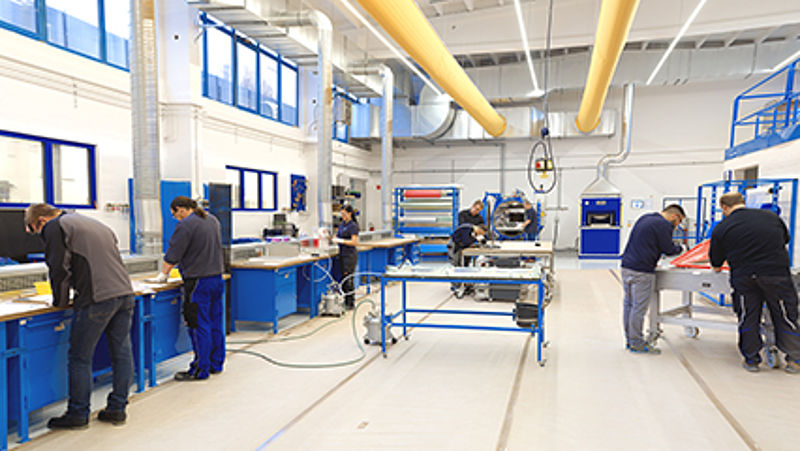
Köthener Str. 33a
06118 Halle (Saale)
Telefon: +49 345 53045-0
E-Mail: halle@skz.de
Route berechnen
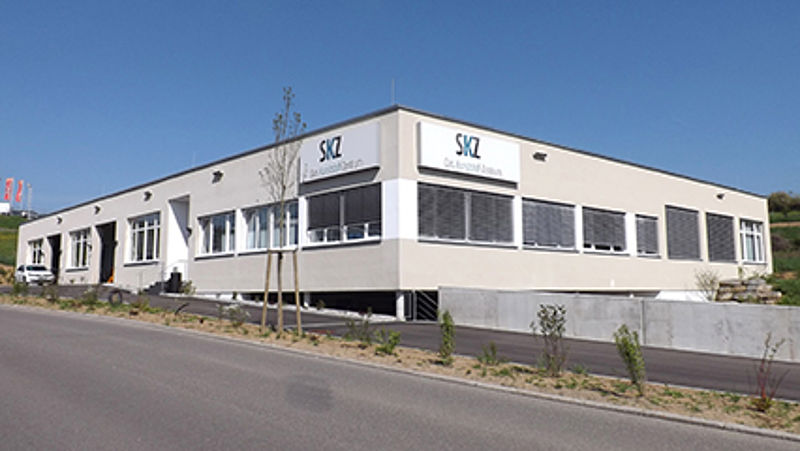
Rauher Grund 9
72160 Horb am Neckar
Telefon: +49 7451 62457-0
E-Mail: horb@skz.de
Route berechnen
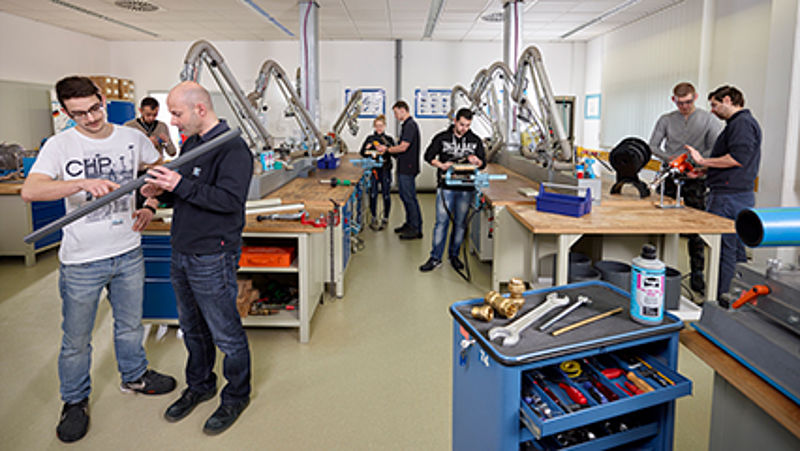
Woltorfer Str. 77, Halle G
31224 Peine
Telefon: +49 5171 48935
E-Mail: peine@skz.de
Route berechnen
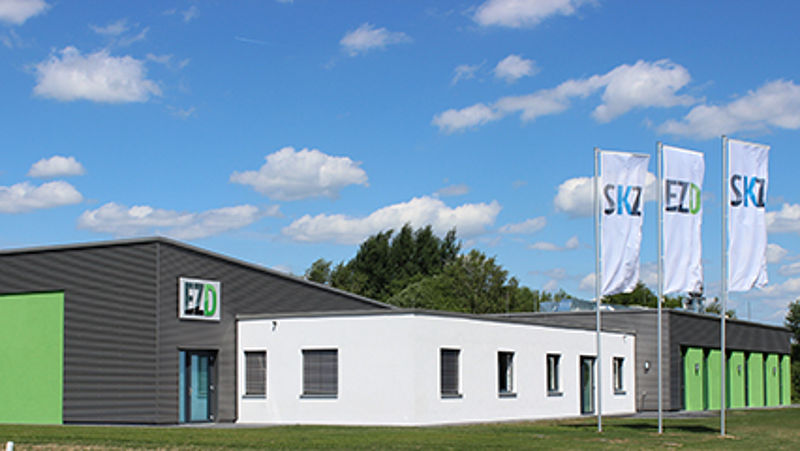
Weißenbacher Str. 86
95100 Selb
Telefon: +49 9287 99880-0
E-Mail: ezd@skz.de
Route berechnen

Via Buonarotti 175
20900 Monza, Italy
Telefon: +39 039 281561
E-Mail: info@prochema.it
Route berechnen
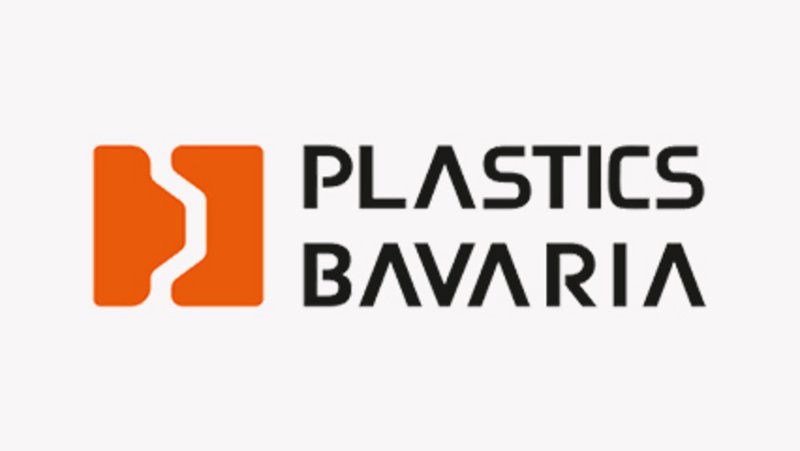
Str. Iancu Jianu, nr. 26
500178 Braşov, Romania
Telefon: +40 268 412 559
E-Mail: office@plastics-bavaria.ro
Route berechnen
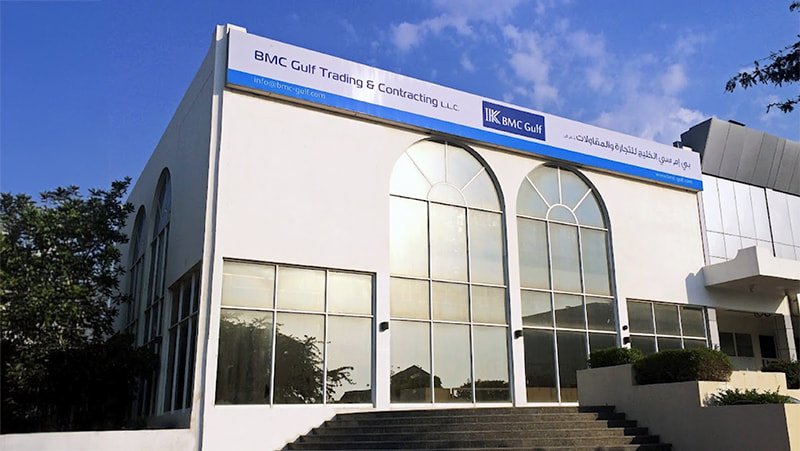
Muntazah Complex (Exit - 25)
Jebel Ali Village - Dubai (VAE)
Telefon: +971 4 8845001
E-Mail: info@skz-me.com
Route berechnen
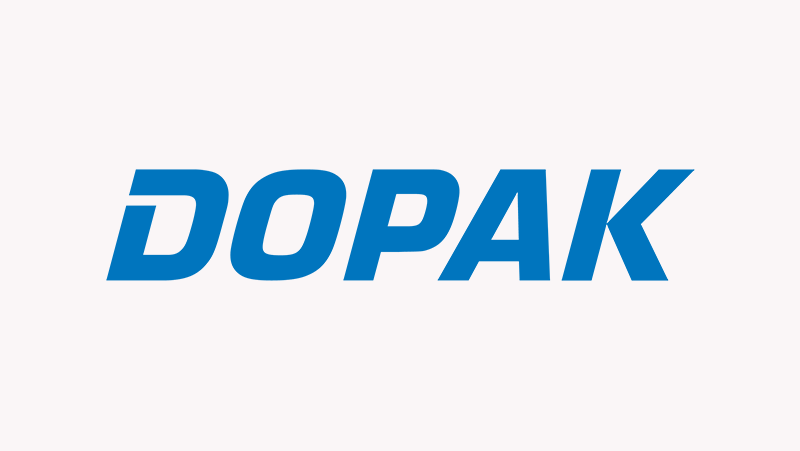
Ul. Kwiatkowskiego 5a
52-407 Breslau, Poland
Telefon: +48 71 35 84 000
E-Mail: dopak@dopak.pl
Route berechnen
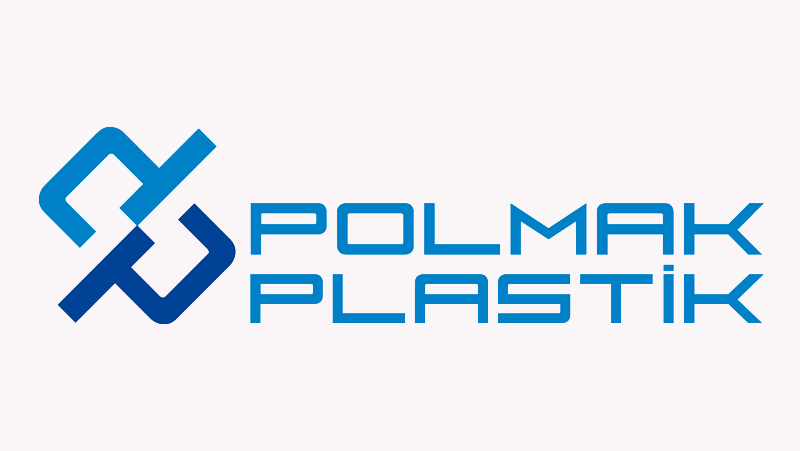
Ikitelli OSB Demirciler Sanayi Sitesi, E2 Blok No:420
34490 Başakşehir İstanbul | Turkey
Telefon: +902126718170
E-Mail: info@polmakplastik.com
Route berechnen
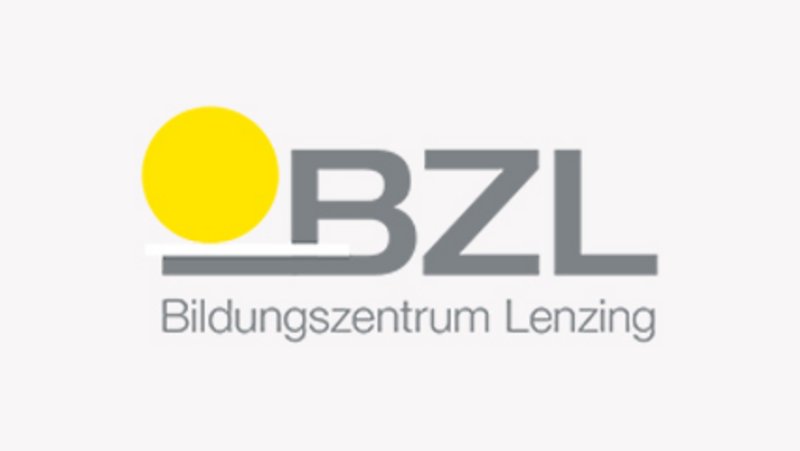

SKZ – Testing GmbH
Friedrich-Bergius-Ring 22
97076 Würzburg
Tel. +49 931 4104-0

